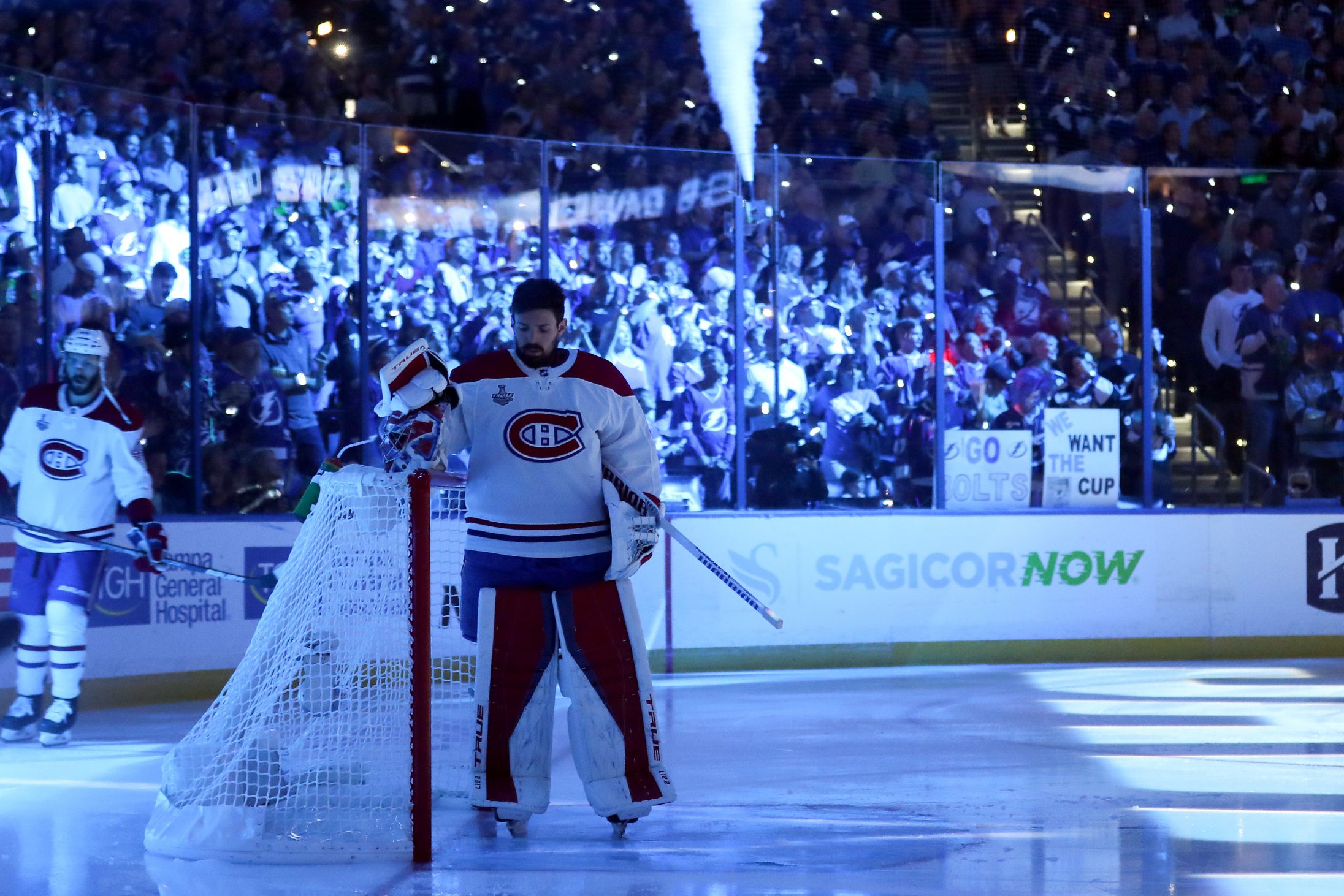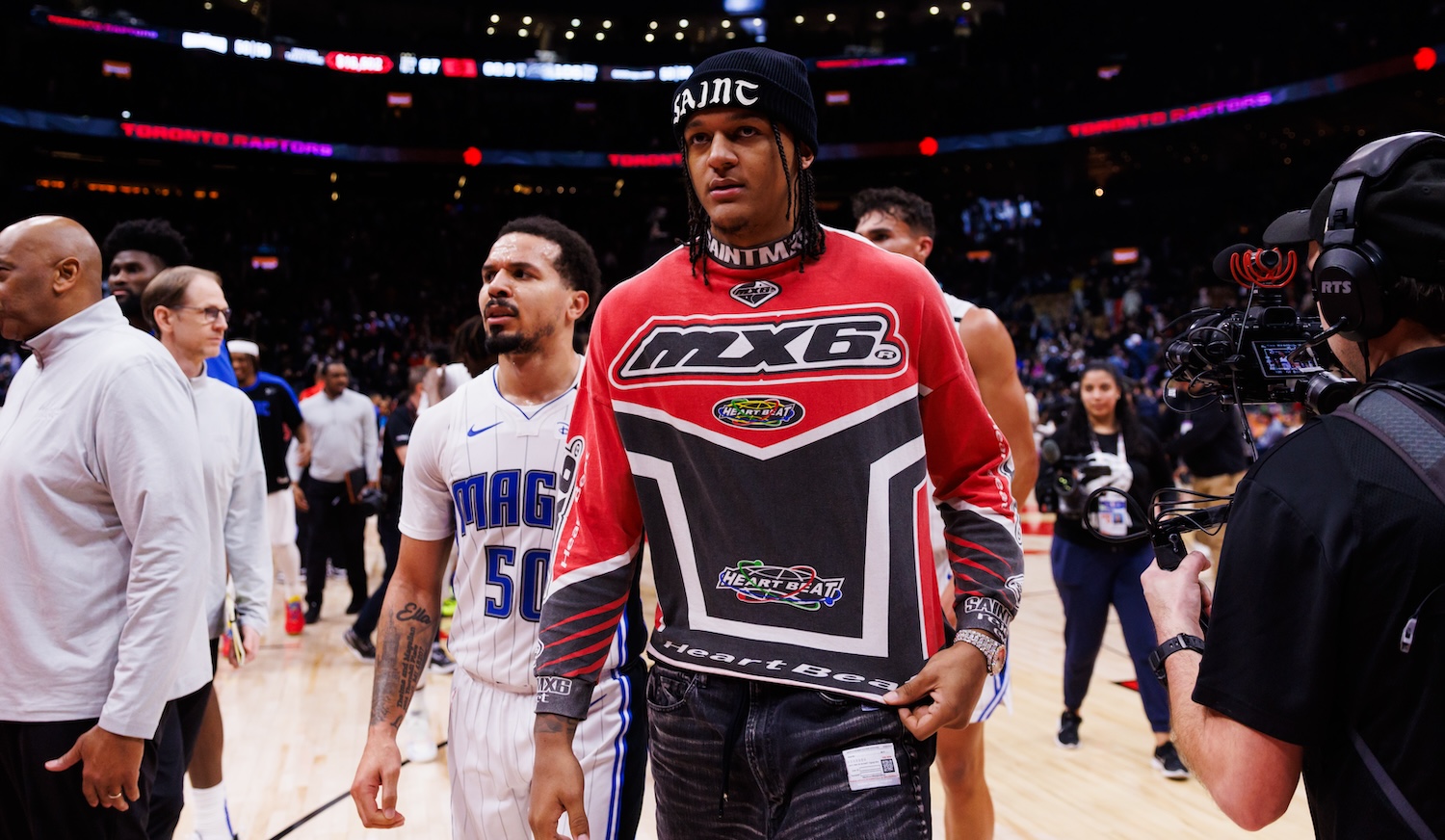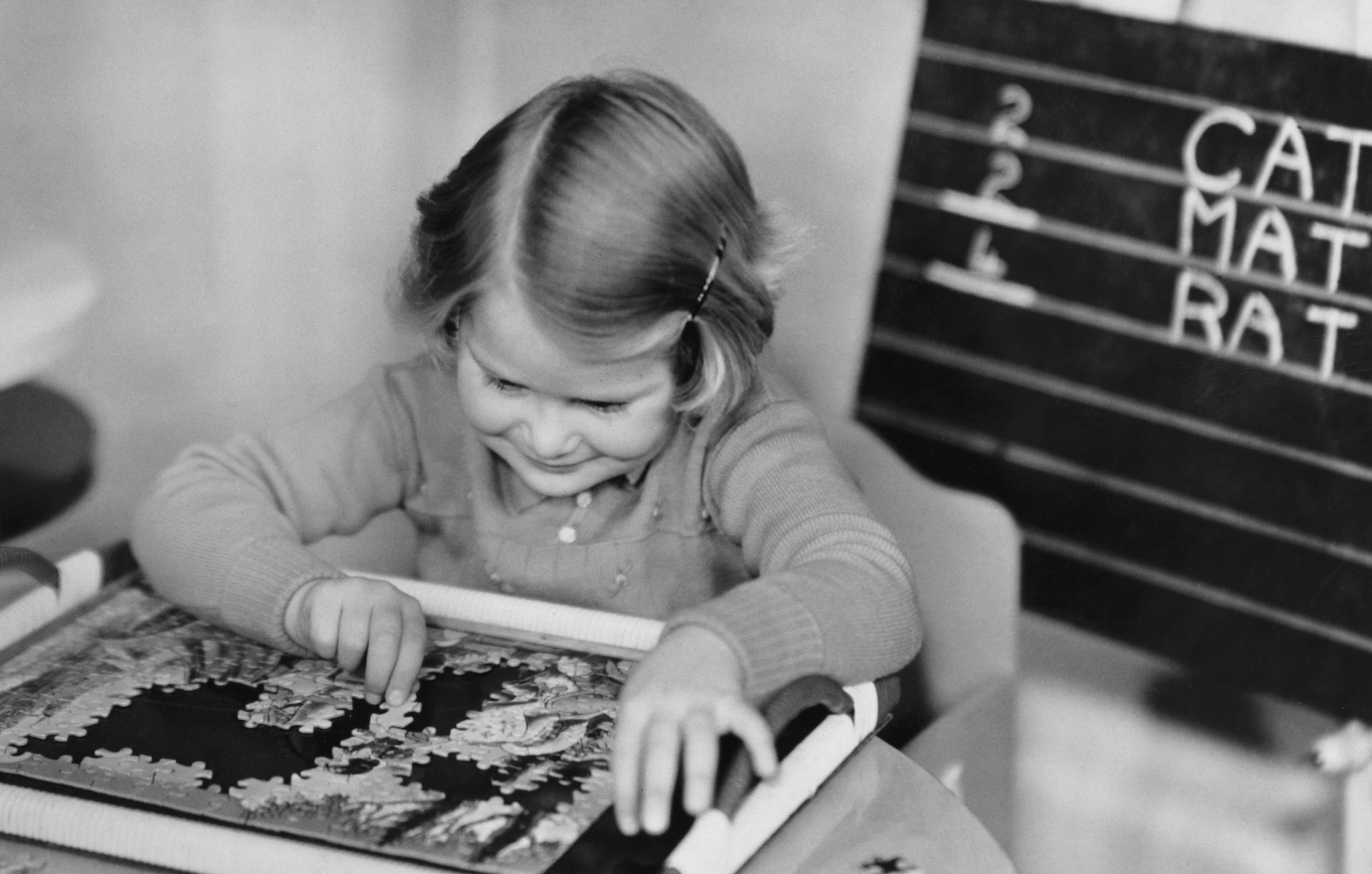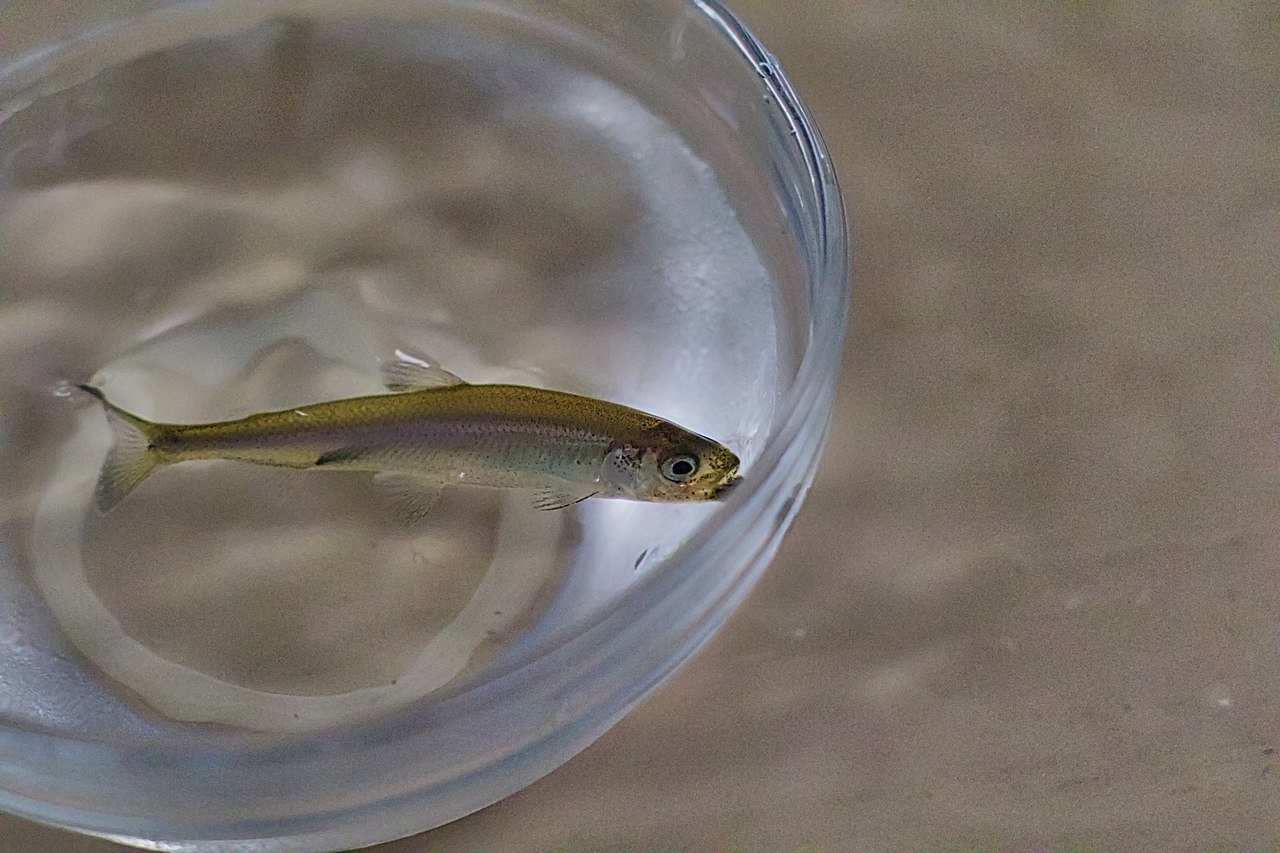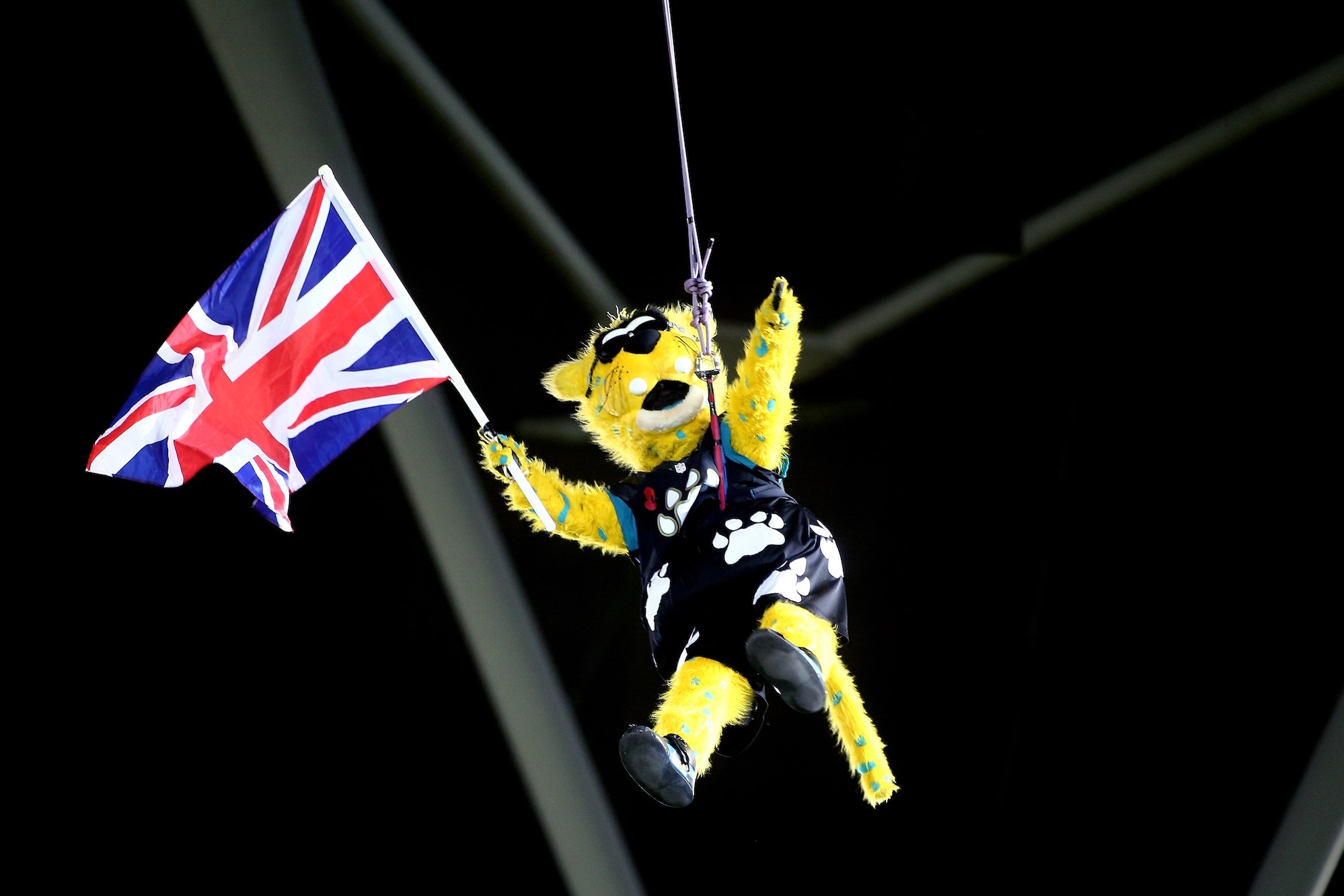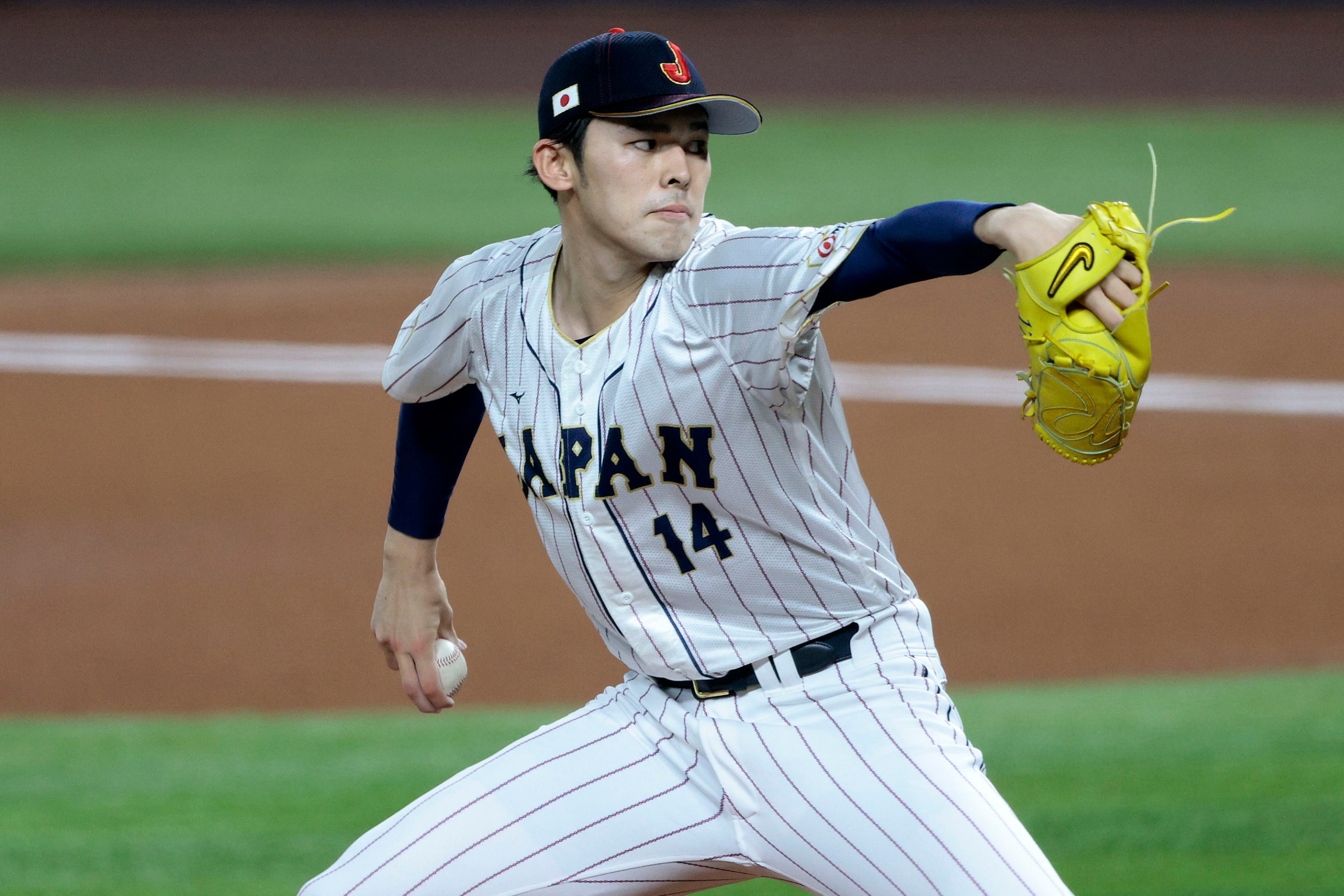A recent history lesson that I perhaps lean on a bit too often when I do hockey blogs is what I call the Parable of the 2017 Ottawa Senators. That Sens team, after not winning any playoff series in the previous three years, surprised everybody by grinding out a run all the way to Game 7 of the Conference Final, where they lost to the eventual Cup champs in double overtime. Buoyed by their shock success, the Sens tried to capitalize by making, among other moves, one of the most short-sighted trades in NHL history, as they sent three players and two draft picks to the Avalanche for Matt Duchene. Duchene played a total of 50 games for Ottawa, while the first-rounder that the Sens sent over ended up being the fourth-overall pick in 2019. (Ottawa, meanwhile, got the 19th pick by flipping Duchene to Columbus.) The Senators followed up on that Conference Final trip by sinking as low as they've been since their earliest days, putting together four straight irrelevant seasons and only starting to show any signs of life at the end of 2021.
Now, past isn't always prologue, and the Senators and the Montreal Canadiens could not be more differently run franchises. But there's something that's stuck with me ever since that Sens trade and the team's subsequent failures: the risk that, if you let a few flukey weeks trick you into thinking you're much better than you really are, you'll put yourself in a much worse situation. As the high of Montreal's stunning comeback against the Leafs, and their unforeseen sweep of the Jets, and their confounding disposal of Vegas wears off, GM Marc Bergevin and his crew now have to ask themselves, in all honesty, "How good are we, really?"
Any metric you want to use from the last several regular seasons—a larger and likely more accurate sample size than six red-hot weeks—won't give an encouraging answer to that question. The Canadiens, as you've probably heard many times over the course of these playoffs, finished 18th overall in the league in total points this year, with a goal differential of -9. The year before that, they were 24th. At the end of 2019 and 2018 respectively, they were 14th and 28th. Even with a qualifying-round upset over the Penguins in the bubble last year, they easily possessed the lowest expectations of any of the four Canadian teams to make the playoffs in '21, and if the Toronto Maple Leafs had managed to cast out their demons and score one measly little overtime goal in Games 5 or 6, we would not be whispering a word of the Habs here in July.
But Montreal enjoyed some truly extraordinary luck in one-goal games (9-3 with a 6-1 mark in OT), and just by the nature of how the playoffs magnify everything, they will enter next year as a team against whom a win means a little bit more. But god, do they have some work to do, starting with the number of contracts they have to sign this summer.
The Canadiens have just seven forwards locked in for 2021–22 right now, and while their top scorers from last year—Tyler Toffoli, Josh Anderson, and Nick Suzuki—will be returning, there's still a lot of gaps to fill. Tomas Tatar was mysteriously absent after the Toronto series and will almost certainly be taking his 149 points in three seasons elsewhere. Corey Perry and Joel Armia both hit the open market after making clutch contributions in key moments. Young Jesperi Kotkaniemi, as a restricted free agent, asks a very difficult question of Montreal management: After scoring as many goals in the playoffs as he did in the entire regular season—and also being a healthy scratch for a game in the Final—how valuable is a kid who's this inconsistent yet contains so much potential? And Phillip Danault, too, is a tricky puzzle to solve, as the once highly regarded two-way center enters free agency after taking a big step backward in the 2021 season.
But their skaters are where the Habs can afford to be relatively optimistic. The offense is young and already above-average at creating chances, and thanks in part to career-best years from Jeff Petry and Joel Edmundson, the blue-liners did a solid job of limiting opportunities at the other end. (The two defenders leaving, Erik Gustafsson and Jon Merrill, are both easily replaced.) No, I hate to say it, but so much of the anxiety for the Habs as they try and move forward has to center around franchise goaltender Carey Price, who played heroically in the postseason but has been on a steady and expected decline through his 30s.
Barring the emergence of a cheap up-and-comer, Price will still be the guy in net for the Canadiens for the foreseeable future, given that he's their highest-paid player by far and will continue to make over $10 million each year until 2026. This worked out fine for them in the postseason, where he outplayed every other goalie besides the Conn Smythe winner, but in a regular season stunted by injury, Price was again subpar. For the second year in a row and the third out of the last four, the 33-year-old posted a negative goals saved above average mark and a save percentage below .910. Had the playoffs not happened, this would have been one of the most forgettable seasons of Price's career. Instead, after a weak division helped carry him into the postseason, Price made it his most memorable.
But history teaches us that hot goalies don't last, that the passing of time always wins, and that you should trust regression to the mean over all else. I won't argue with any of that, but Montreal is tied to Price no matter what, unless for some reason the team that spends the most on goalies in the entire NHL wants to spend even more. The point of this offseason, then, is to do everything they can to mitigate that clear weakness in net. And that's going to be tough! Whatever the Habs do to try and improve will involve some amount of risk, whether they're putting their trust in inconsistent guys who played above their heads to bring them to the Final, or breaking the bank for free agents.
I feel comfortable almost guaranteeing that the next Canadiens season will be a disappointment. An NHL team has made it back to the Stanley Cup Final the year after losing it only once since 1985, and that was the Sidney Crosby Penguins. This isn't meant to discourage the Habs, but the only way that this team is going to string together another playoff run is if its decision-makers are realistic about what just happened. In all but a couple of months over the last few years, this team has not been anything special. They absolutely can be, and they have some of the tools to get there. But the work of building the foundation for a legit contender is not over just because the Canadiens came within three wins of a Cup. And the biggest threat to their future is believing that they're almost there.
